#shipu
Text
INTERVIEW: SoundLava Interview with phonk artist "Shipu"
INTERVIEW: SoundLava Interview with phonk artist “Shipu”
Hey guys my name is Shipu aka Deniz D. and I am a newcomer phonk artist. I started creating phonk tracks in the summer of 2022 and I am currently building up a fanbase of phonk enthusiasts on Spotify and other streaming platforms.
Q. What got you into music and made you realize that it was your chosen path?
A. As a child I learned to play the guitar and was always involved in music. I dream of…

View On WordPress
0 notes
Photo
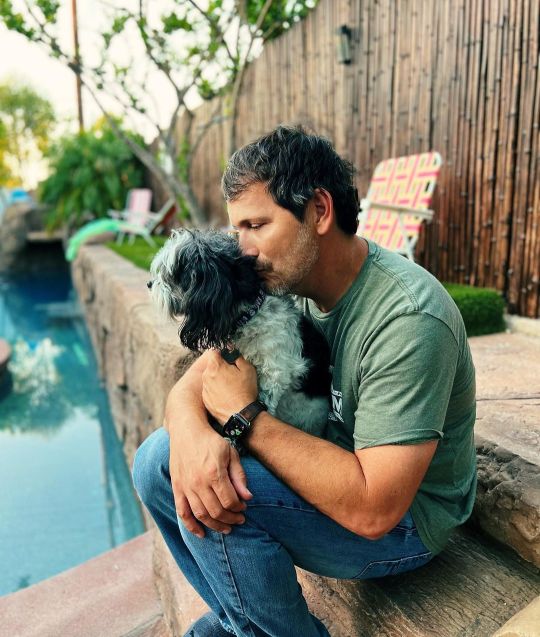
My hubby really loves his other daughter (our dog Miku) she has him wrapped around her finger. . . . . . . . #dogsofinstagram #shipu #cutedogs #doglover #littledog #cutedogs #animallovers #puppylove #puppylove🐶 #dogforever (at La Mirada, California) https://www.instagram.com/p/CfdX5MSLUve/?igshid=NGJjMDIxMWI=
0 notes
Text
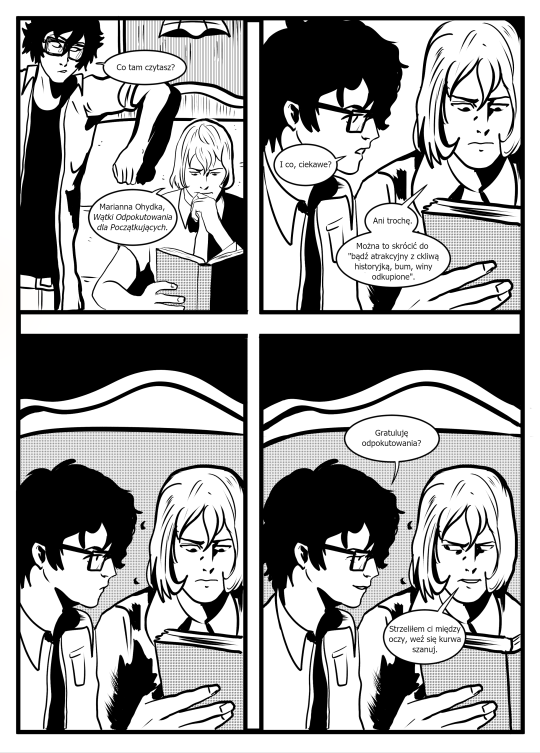
[English version]
Powody dla których tłumaczę te komiksy na polski:
- dla atencji
- dla atencji
- żeby Akechi przeklinał po polsku
Narysował @wr3hart, napisałem ja.
#persona 5#goro akechi#ren amamiya#komiks#otagowałbym to jako shuake ale jestem tchórzem#i w sumie nie lubię tego shipu
11 notes
·
View notes
Text
hádejte kdo si objednal Šimkovu knihu “Návštěvní den u Jiřího Grossmanna” jen aby tam mohl najít všechen možný shipovací materiál
ocenil kvality tohoto génia
ano, vskutku. když už něco děláš, dělej to pořádně
#popravdě je fakt miluju i bez shipu#ale zkrátka je to má povinnost najít všechno co by se dalo použít#š+g#čumblr#národní obrození
12 notes
·
View notes
Text
Volba oblíbeného pohádkového Čumblr shipu
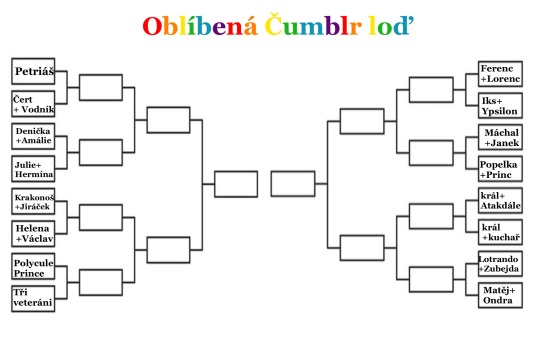
Je to tady!! Něco, co nikdo nevyžadoval a nikdo po tom netoužil.
VOLBA OBLÍBENÉ ČUMBLR POHÁDKOVÉ LODI.
Volba levého sloupce začne 22.2. v 8:00 a bude ukončena 23.2. 8:00
Volba pravého sloupce začne 23.2. v 8:00 a skončí 24.2. 8:00
Čas a datum druhého kola budou oznámeny posléze.
Spoléháme na vás, milí čumbleři, že tuto informaci rozšíříte dál a zúčastní se co nejvíce z vás!!!
#pohádkovýship2023#čumblr#čumbleři#ship#lgbt#obrozenec#obrozujeme#český blog#pohádky#oblíbená česká loď#české shipy poll#české filmy#český tumblr#hlavokánony#cesky blog#czech#české pohádky#vánoční pohádky#krakonošovo tajemství#anděl páně#s čerty nejsou žerty
196 notes
·
View notes
Text
i really don't like people who say "kazuya doesn't love jun!!!" "He was bad for her!" please disappear. IF HE WAS THAT BAD FOR HER WHY WOULD SHE STILL WANT TO SAVE HIM IN T8? I beg you jun is a smart woman and she would not go back to someone who was bad for her. Please tell me you don't like this shipu and stop misleading people who want to know the REAL relationship between kazuya and jun.
15 notes
·
View notes
Text
Pentru toți ăștia care studiem Moara cu noroc, eu propun shipu dintre Pintea și Lică să se numească Pică. Cine-i cu mine
#romanisme#romania#moara cu noroc#Lică Sămădăul#Jandarmul Pintea#<- tagging de parcă e un fandom real
26 notes
·
View notes
Text
věděli jste, že první věc, kterou uvidíte, když vygooglíte jméno vypravěče ze Saturnina je wikifandom stránka shipu?
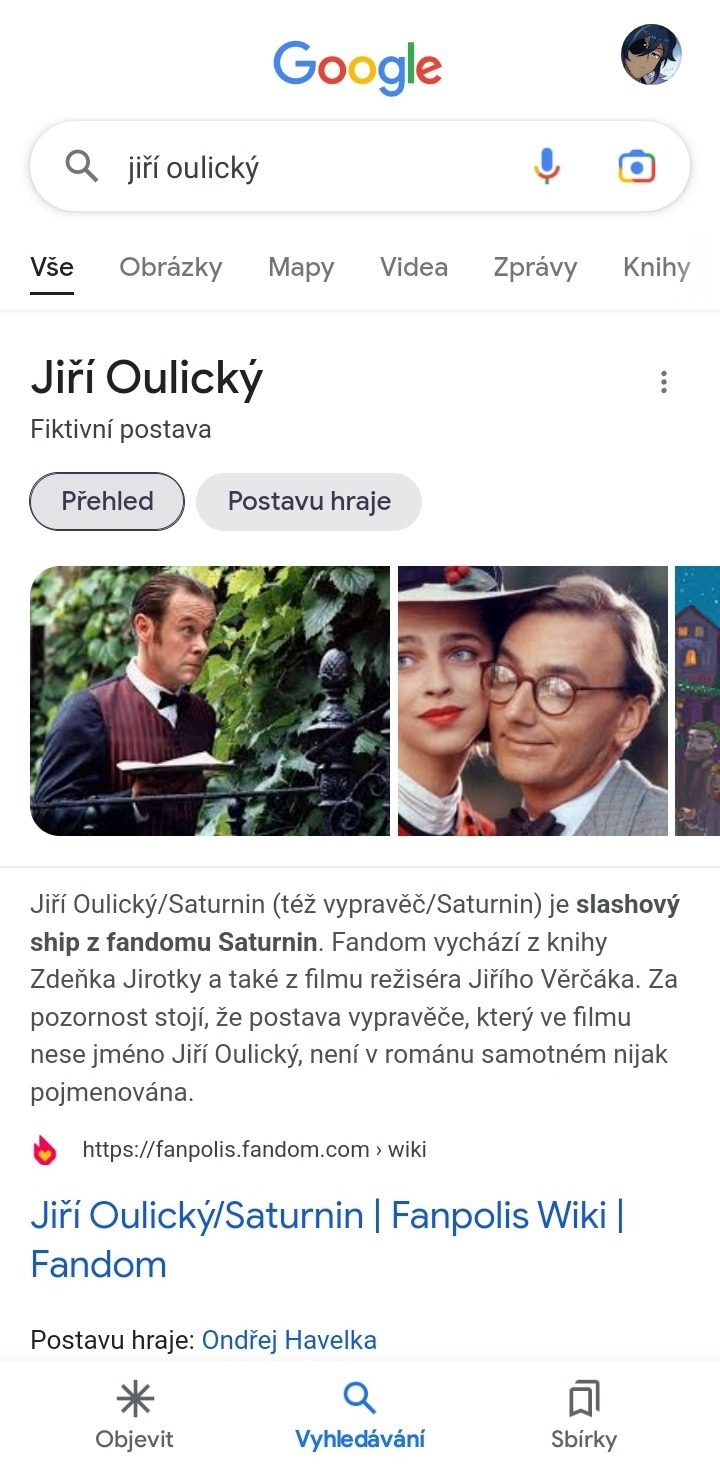
tak, teď už to víte
54 notes
·
View notes
Note
You said the Netsilik have dogboys but they’re not treated like they are in England, so how are they treated? Indistinguishable from humans?
to clarify, i said there are Netsilik dogboys, not that the Netsilik have dogboys. i dont claim to be an authority on the subject but from what i know about Indigenous legal traditions on Turtle Island there is a very different conceptualization of ownership and property when compared to british legal traditions, one that leans more towards reciprocity and ppls relationships to each other and to the world. (the fact that british imperialism was justified using the rhetoric of terra nova and the Innu First Nations led the charge for granting Mutuhekau Shipu legal personhood says a lot about these different worldviews - mainly, who/what is considered worthy of respect.) granted, Indigenous nations are not like a homogenous blob and im sure there are Netsilik and Inuit legal traditions which are specific to them, but i can't imagine they wouldve "owned" dogboys in the same way that the british do in this au. at the same time, i don't think it would be "indistinguishable from humans" bc the framing of that sentence (even if you don't intend it to) assumes that being treated like humans would be the best outcome for them, as if you would naturally treat humans better than you would other animals - this in of itself is a very western and white assumption.
this is all preamble to say that outlining Netsilik interspecies dynamics and histories in this au is way way wayyyyy outside my field of expertise and knowledge and i would probably say smth incredibly offensive as a result (bc i was also raised with the legal traditions of settlers and colonizers and still have much to learn). i think Netsilik dogboys would probably be treated with respect, but i dont have the background required to outline it further than that. and also lets be real here theres no way crozier & co would care enough to ask about it or try to understand it so it doesnt come up much in the main plot of this au besides making the expedition even more wary of the Netsilik and making them less trigger happy (bc if "savage" humans seeking revenge was already scary to them then just imagine how much scarier "savage" dogboys would be).
#purror and erebark#apologies to any followers who might be Netsilik or Inuit#if i got anything wrong#i know about the histories of the Indigenous peoples of the Eastern Woodlands best#so im just extrapolating here#might be severely off course for all i know#so sorry if i am
14 notes
·
View notes
Text
Musím vám sdělit, že se stalo další obrození slova, konkrétně při konzervaci ohledně shipu Hermína/Julie z TSB2 (shipname tbd)(kritiku neberu)-
(bubny prosím)
PINING=
BOROVICOVÁNÍ
#česky#hezky česky#obrození#český jazyk#čeština#česko#obrozenci#obrozujeme#czech#tajemství staré bambitky ii#tajemství staré bambitky#TSB#TSB2#Hermína x Julie#Královna Julie
32 notes
·
View notes
Text
ja tłumączacx w 2065 moim wnukom geniusz shipu wokulski x wąsowska, wiedząc że wcale nie takim związkiem się zakończyła lalka:

#lalka#polishblr#zamknijcie się i słuchajcie co mówie#oni są najbardziej kompatybilni ze wszystkich shipów#(bez urazy do wyznawcow ochocki x wokulski gramy do tej samej bramki ale hear me out)#kazia dla wokulskiego to jest dosłownie ten mem “he asked for no pickles”#a wokulski niespelniony romantyk mial by do niej i przy niej tyle miłości że uhuhuhu#kazia ma łeb jak sklep (hehe) ale też jest bardziej poradna społecznie w trakcie gdy stachu jest od nauki i nadaje sie do pracy u geista#(poradna społecznie to chyba wgl nie ma takiego okreslenia ale rozumiecie mnie)#wgl jak razem debatuja to przeciez maja tyle rzeczy do gadania#nie pamietam juz jak bylo w ksiazce ale kurde w serialu to wokul tak ja po tych raczkach caluje ze to szok#a no i kazda scena z jeżdżeniem na koniu w ich wykonaniu to chefs kiss#umrę z tym statkiem#pojebało ich (real) (kocham ich)#kazimiera wąsowska#stanisław wokulski
5 notes
·
View notes
Text
Praxe je...
Psát za název shipu rovnou AO3, aby se člověk vyhnul obrázkům od strýčka Googla.
6 notes
·
View notes
Text
Prezidentský *crossover* drabble
I s fanartem! 😆
(general audiences, bez shipu)
4 notes
·
View notes
Text
holee par jaanen us poorn parameshvar ke baare mein jisane narasingh roop dhar kar prahlaad kee raksha kee. padhen pustak "gyaan ganga"
sabhee yahee maanate hain ki hiranyakashipu se bhakt prahalaad kee raksha bhagavaan vishnu ne kee thee, lekin kya aap jaanate hain yah adhoora sach hai.
kyonki sookshmaved mein kabeer parameshvar ne kaha hai:
hiranyak shipu udar (pet) vidaariya, main hee maaraya kansh.
jo mere bhakt ko sataavai, vaaka kho-doon vansh
0 notes
Text
Land based learning
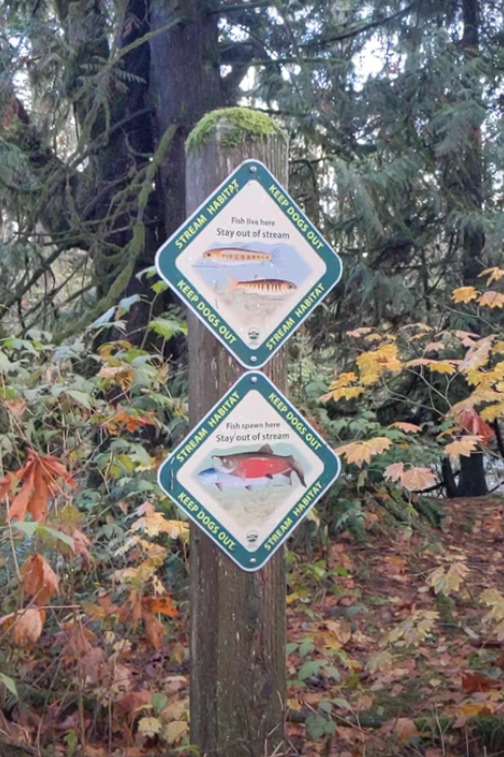
I am incredibly lucky to be living in British Columbia where there is so much natural beauty to enjoy. At the same time, I am also aware of my privileges. Despite the Indigenous people being on the land first, they now struggle from the effects of colonization. Their natural resources are either exploited or in ecological fraught. For example, in Susan Nerberg’s Canadian Geographic article “I am Mutehekau Shipu: A river’s journey to personhood in eastern Quebec”, the Innu people lobbied for the personhood of the river in order to protect it and maintain its ecological integrity (2022). Closer to home, the Trans Mountain pipeline continues to bring concern to the Indigenous people in the area.
I should clarify that I am privileged because when events such as a pipeline spill or forest fire occur, I feel the effects of it less keenly than the people who live near Jacko Lake. They face the threat of an important cultural site’s destruction. However, the lack of direct consequence on my well-being should not be an excuse to remain ignorant. In fact, because I have that privilege, I should be more proactive in learning and teaching about the importance of protecting our natural habitat. But it is difficult. David Chang points out the importance of eco-based education. The 2010 documentary Schooling the World does as well. They take two different, but similar stances on it: Chang on how education is the key to eco-justice, and Schooling the World on how our Western style education system lacks in land based learning. In Schooling the World, the Ladhaki women talk about how their children no longer know how to survive off of the land. Helena Norberg-Hodge echoes the sentiment that “traditional forms of knowledge fostered sustainability” (12:54).
To cut to the heart of it, I agree with Chang. Eco-based education could be the key to getting more people to care about the land while also incorporating more traditional practices from not only our Indigenous cultures here in British Columbia, but from cultures around the world like the Ladhaki and the Khasi people. Then it not only becomes a way for me, as an educator, to include land-based learning, but also diversity and decolonisation.
It requires a shift to practicing being outdoors as well. During Exploration C, I visited East Kensington. It is an outdoor learning choice school. The students go outside regardless of the weather. Furthermore, I also joined two classes on their outdoors afternoon walk, where they learned about trees through touch and play. Some people might question what the purpose of the activity was. I argue that it fosters a sense of connection with the land while also fulfilling a possible science requirement (the interaction with the forest trees, seeing the different types and growths present). A sense of connection with a person, place, or thing is invaluable in creating empathy and feeling of responsibility for it.
I would also love to incorporate something like Exploration A in the classroom and invite students to visit a favourite outdoor spot and do activities in it. Exploration A was one of my favourite things to do throughout the semester because it further strengthened my relationship with the land while also teaching me.
Then there are the usual things: field trips to the aquarium, to salmon hatcheries, to the biodome in Queen Elizabeth Park. They are equally valuable learning opportunities, but require more planning and are less every day. I want to be able to incorporate some form of outdoor learning at least once a week. Chang talks about how “most North Americans spends over 90 percent of their lives indoors” and it results in “a kind of estrangement and alienation from the more-than-human-world”. How can we being to care about something we rarely see? When I was younger, I loved playing outside. My friends and I would ride our bikes everywhere and catch frogs in the pond by our houses. I would be perpetually tan all the way from spring to summer to fall. I still love nature and being outdoors today, but find myself more inclined to stay indoors. Modern technology and the rainy Pacific Northwest climate means there are often less incentives for me to go outside. Kids nowadays still like going outside, but there is definitely more of a disconnect as technology prevails. I wonder if there is a way to reconcile technology and the outdoors. Is it by watching nature documentaries? Or creating games that become a hybrid of using technology normally implemented indoors with the outdoors? Whatever the method is, I want to be able to impart some of that same childhood love of nature I had in my future students.
Yukon Path’s podcast Episode 7 about land-based learning was eye-opening too. The land-based learning they are doing works well for the Indigenous students where they have previously been unsuccessful in a classroom. Much of it is experiential learning, like the application of levers to lift up a wall tent is physics in action, but not framed as such. It is a departure from the more traditional study of theory that happens in Western style classrooms. It has practical application while fulfilling requirements, something which I would love to be able to do more of.
I am hopeful that the current shift towards land-based learning will lead towards a decolonization of our current world view in future generations. At the heart of it everything is our Earth. Even if land-based learning is happening because of the impending climate change crisis and our natural resources slowly depleting, at least that (hopefully) means we will start a trend towards sustainability. Even better if it means more cooperation with the Indigenous people, who have been caring for this land for centuries before the advent of Western civilization. I hope that by bringing more land-based learning into the classroom, I can also integrate things like the First Peoples Principles of Learning at the same time and finding a method of learning that can be beneficial to students who have had less luck with other ways of learning.
0 notes